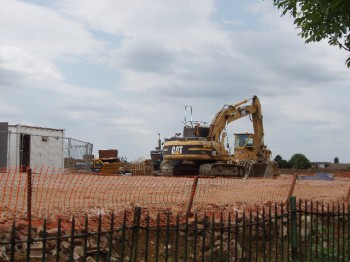Aucklanders viewing properties elsewhere
27th Jun
 According to the Property Wire website, new building consents in New Zealand have increased to the country’s highest rate for nine years. Building and Housing Minister Nick Smith highlighted increasing housing supply in Auckland and Christchurch, with a national total of over 25,000 new consents annually.
According to the Property Wire website, new building consents in New Zealand have increased to the country’s highest rate for nine years. Building and Housing Minister Nick Smith highlighted increasing housing supply in Auckland and Christchurch, with a national total of over 25,000 new consents annually.
According to the figures, there were 756 new building consents for Auckland in March, and 7,940 building consents in the year to March 2015 – the highest since 2006. The latest annual figure of 25,038 compares to the low of 13,236 following the global financial crisis. In the minister’s view, this shows that the Government's range of measures to increase housing supply is working.
Smith pointed to the fact that Housing Accords are now in place with six local councils to free up more land faster. He also explained that the $435 million HomeStart support package, which came into effect on 01 April, is forecasted to assist 90,000 people buy their own home.
In a media release, the Minister also welcomed the decision by the Hobsonville Land Company (HLC) to bring forward the development of 1000 new homes at Hobsonville Point in Auckland. “Hobsonville Point illustrates the type of scale and momentum the Government wants to support, and the type of development that Auckland needs to address its housing supply and affordability challenge.”
The Minister stated that next steps in the government programme include the planned second phase of reforms to the Resource Management Act. “The Government remains committed to supporting more New Zealanders into their own home”, he concluded, but housing supply remains perhaps the most intractable source of Auckland’s housing affordability crisis.
While the minister has been quick to score media points out of these latest figures, they are not likely to give too much confidence to those in the market for a house. Auckland’s housing prices to continue to rise, and government measures to date have had no discernable impact on this.
[Image by David Hawgood]